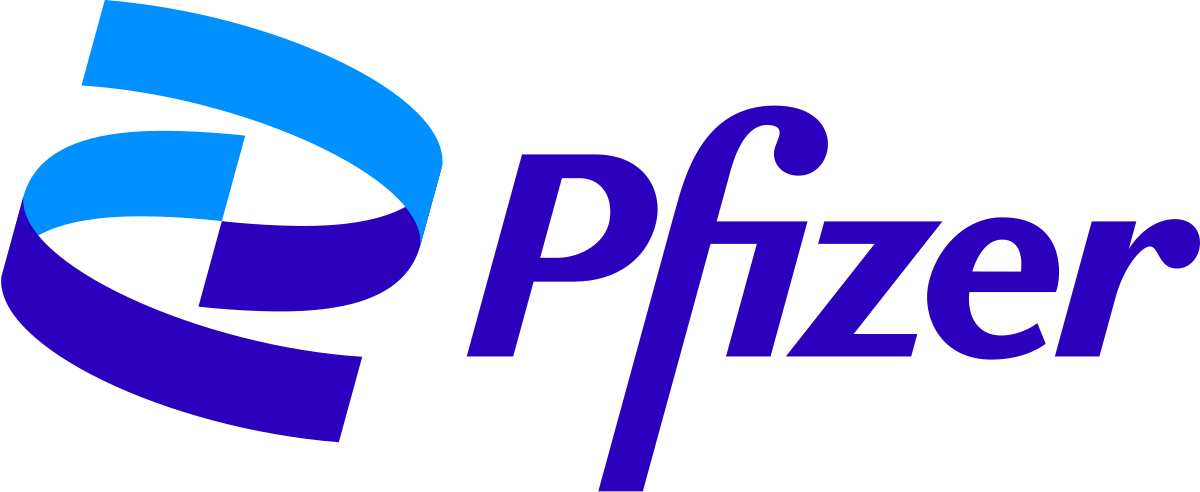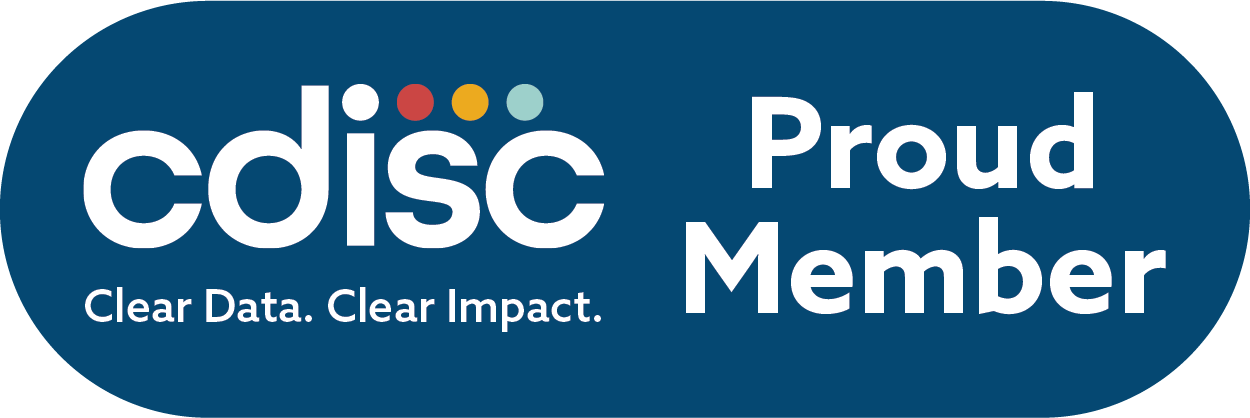Narrativa Pathway for Safety Narratives Automation
How Pfizer uses AI to accelerate Clinical Trial Documentation

Pfizer is one of the leading pharmaceutical companies in the world and is in relentless pursuit of breakthroughs that change patients’ lives. They innovate every day to make the world a healthier place, which was Pfizer’s vision at the beginning and it still holds true today. Pfizer advances medical innovation and distributes medicines that might not otherwise be available to underserved communities.
Through the power of the Narrativa Navigator platform, Pfizer is now fully automating patient safety narrative reports to increase data accuracy, decrease cost, and speed up the clinical trial regulatory documentation process for their drug discovery process helping to speed up the drug trial process for new cures to reach patients faster.
Patient safety narratives are intended to communicate adverse events that could be associated with the therapeutic agent under investigation. The process of authoring them requires medical writers to analyze the provided data, identify the safety signals, and then write concise narratives that clearly and effectively communicate the information collected while the study was conducted. As the volume of data increases (i.e. increased number of patients, the complex nature of the therapeutic area, and many others), the process of drafting correct and consistent narratives becomes challenging. Narrativa, a leading provider of generative AI automation solutions, supports medical writing teams by automating the authoring process of these narratives.
KPIs
- Time Savings: The first measured KPI was the time savings achieved when utilizing Narrativa’s generative AI automation solutions. This KPI involved tracking the time spent on data analysis, narrative authoring, and the reviewing/editing processes before and after implementing the solutions.
- Cost Savings: The cost savings KPI tracked the cost spent on resources.
- Quality and Accuracy: The quality and data accuracy of the AI-generated patient safety narratives was compared to those drafted manually. A scoring system was put in place to assess the clarity and accuracy of the generated narratives.
- Consistency: The next KPI assessed was consistency. This was a critical KPI since the safety information needs to be presented uniformly and adhere to a pre-specified template. For this domain, the consistency of the AI-generated narratives was validated against manually-created ones through independent audits and using a scoring system.
The impact
- 76% Time Savings: The use of Narrativa’s generative AI solutions to automate the authoring of patient narratives saved medical writers an average of 76% of the time spent on data analysis and narrative creation compared to manual processes.
- 50% Productivity Gains: While using Narrativa’s solutions, the medical writing teams were able to attend more studies in the same period with significantly better outputs. In addition, the teams were able to spend more time focusing on more complex projects.
- 43% Cost Savings: The cost per project dropped 38-43% on average; as less time was spent working on the same project, more projects were handled, and higher-value projects led to a tremendous increase in cost savings.
- 100% Data Accuracy: The solution produced 100% data accuracy. An average of 80% improvement in the quality of the initial draft was also observed. This resulted in a significantly lower internal draft rejection rate.
Outcome
Using Narrativa’s generative AI-based patient narrative automation solutions improved the overall efficiency, quality, and consistency of the safety narratives. With Narrativa, data analysis and narrative creation processes reduced the time spent by medical writers and improved the style and consistency of the documents. User satisfaction was high. Regarding areas where further benefits could be realized, Pfizer cited that having begun implementation before the database was locked produced further successes. Risk was mitigated, data discrepancies decreased, and medical writers were afforded more time to execute deeper quality control exercises. Pfizer also mentioned that the potential scalability of the solution is unparalleled in today’s marketplace.




